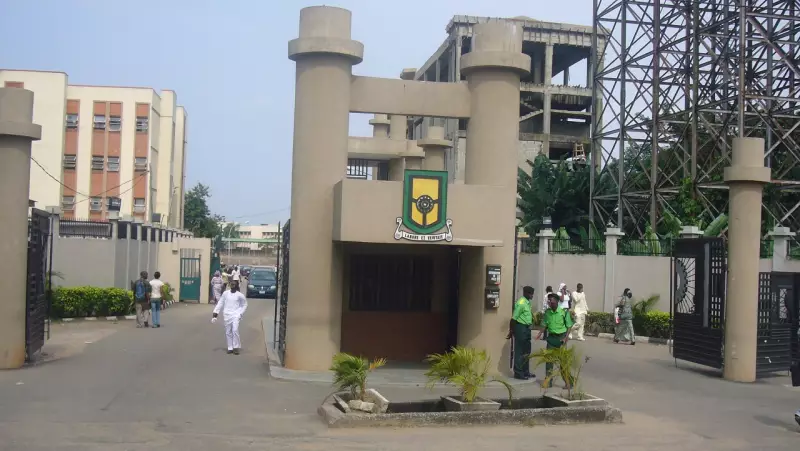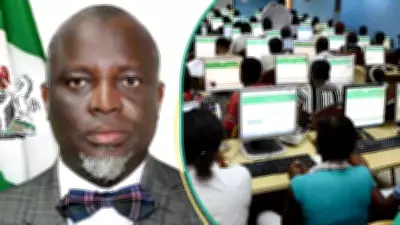
In a compelling call to action, education and policy experts are challenging Nigeria to fundamentally rethink its approach to academic research. The consensus is clear: the nation must urgently transform its wealth of university research into tangible solutions that address real-world problems and drive economic progress.
The Research-Disconnect Dilemma
Across Nigerian universities and research institutions, brilliant minds are producing groundbreaking studies and innovative concepts. However, a significant gap persists between these academic achievements and their practical application in society. This disconnect represents a massive untapped potential for national development.
Professor Ismail Ibraheem, a leading voice in educational reform, emphasizes the critical nature of this issue. "Our researchers are doing exceptional work, but too often these discoveries remain confined within academic journals instead of being translated into products, services, or policies that benefit our communities," he states.
Building Bridges Between Academia and Industry
The solution lies in creating stronger partnerships between educational institutions and various sectors of the economy. Several key strategies could revolutionize how Nigeria leverages its intellectual capital:
- Industry-Academia Collaboration: Establishing formal channels for businesses to identify and implement relevant research findings
- Commercialization Support: Creating incubation hubs and funding mechanisms to help researchers bring their ideas to market
- Policy-Informed Research: Directing academic efforts toward solving specific national challenges identified by government agencies
- Entrepreneurship Integration: Incorporating business and commercialization skills into research training programs
Global Models, Local Solutions
Internationally, nations that have successfully harnessed research for development share common characteristics. They maintain robust funding for applied research, protect intellectual property effectively, and maintain infrastructure that supports innovation from concept to commercialization.
Professor Ibraheem points to the agricultural sector as a prime example of where research-translation could yield immediate benefits. "Imagine if our agricultural research stations could directly partner with farming communities to implement new techniques that increase crop yields and reduce post-harvest losses. The impact on food security and rural economies would be tremendous."
The Path Forward
Transforming Nigeria's research landscape requires coordinated effort across multiple fronts. Increased funding is essential, but equally important are policy reforms that incentivize practical innovation and recognition systems that reward researchers for societal impact alongside academic publications.
The message from education leaders is unequivocal: Nigeria stands at a crossroads. By bridging the gap between research laboratories and real-world application, the nation can unlock unprecedented opportunities for sustainable development, economic diversification, and improved quality of life for all citizens.
The time for action is now. As Nigeria continues its development journey, harnessing the full potential of its academic research capabilities may well prove to be the differentiator between incremental progress and transformative national advancement.





